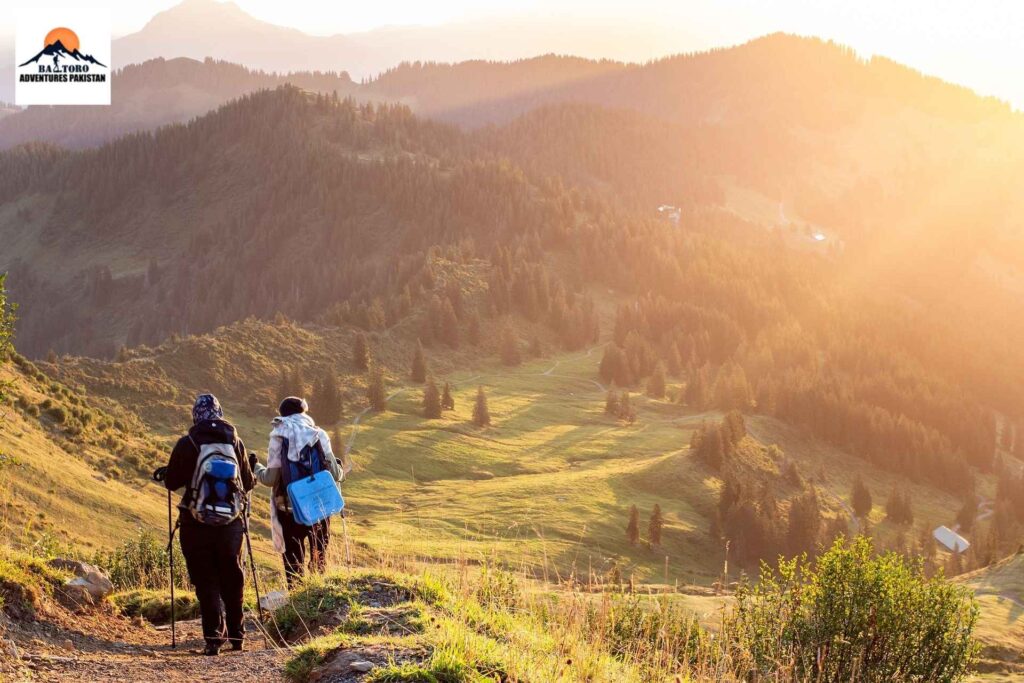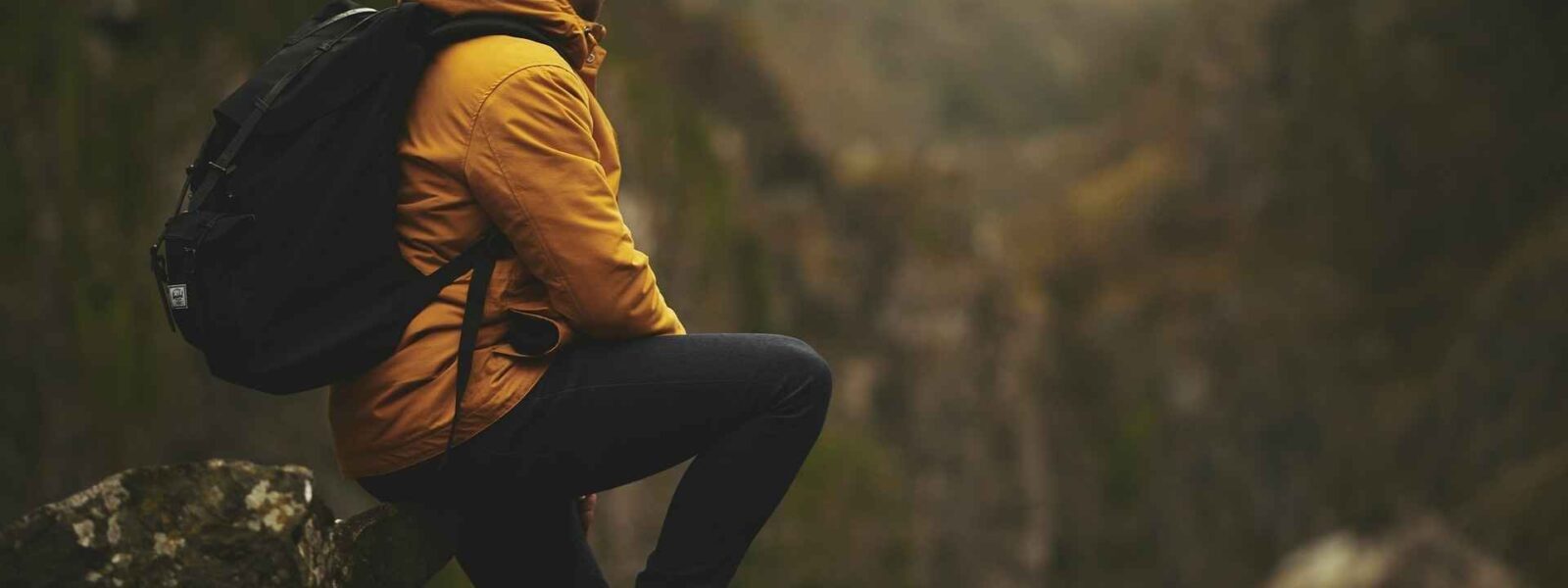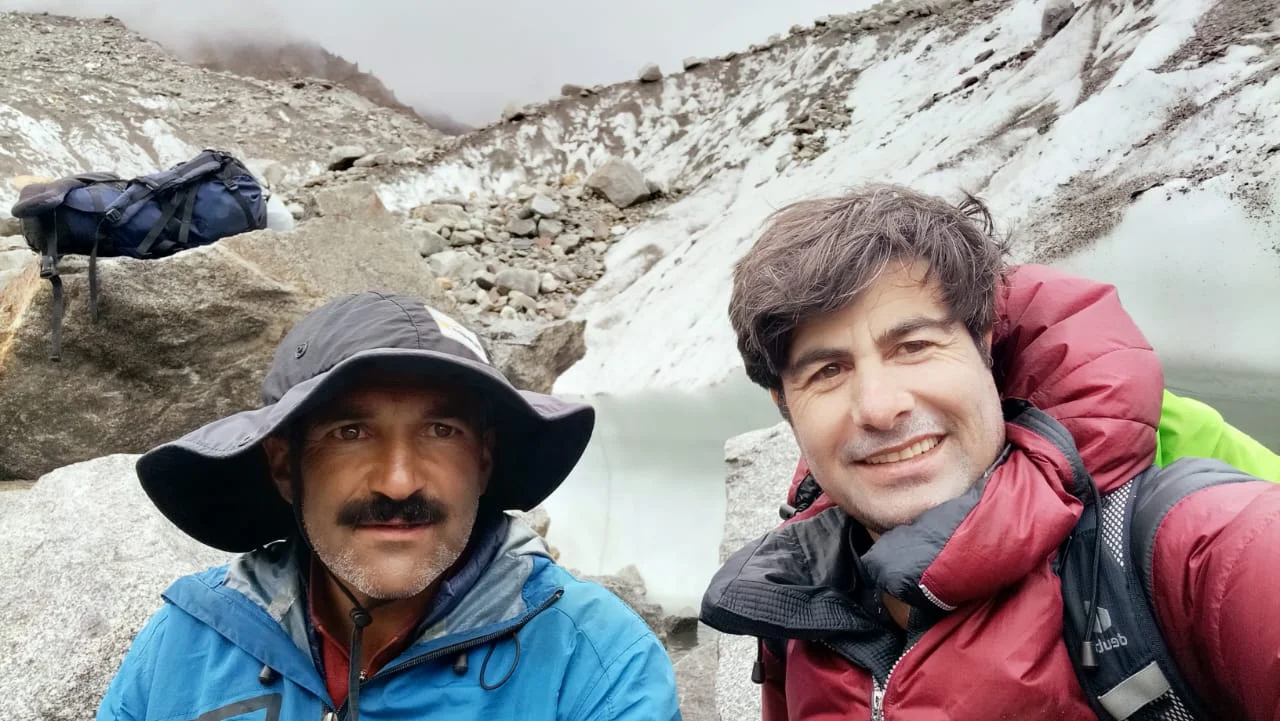Every ambitious trekker asks, How to train for K2 base camp? Before starting this challenging expedition. With its rocky mountains and high altitudes, the K2 base camp trek is one of the most challenging journeys, requiring mental strength, careful preparation, and physical stamina.
Proper training for the K2 base camp is an effective and essential way to overcome the difficulties faced during this journey. Even an experienced adventurer has to adopt certain strategies, resulting in a memorable and exciting journey. In this article, an experienced and expert writer mentions comprehensive tips and techniques.
Is there a need to train yourself for K2 Base Camp Trek?
The training is highly essential. The K2 base camp trek requires a covering of approximately 5000 metres altitude, passing through rugged and rocky hills by inhaling thin air. Without adequate and scheduled fitness training, an adventurer often risks suffering from breathing sickness, mental dissatisfaction and injuries. Proper K2 base camp fitness programs are available to keep you motivated and resilient enough to meet your destination.
Prepare Like a Pro: K2 Base Camp Training steps:
Assess your current fitness level:
This step is beneficial in making you realize where you are standing in terms of your strength, tolerance and physical capabilities. Some of the techniques are given to assess yourself:
- Examine how long you can perform various activities at a moderate pace without feeling fatigued. You can test your sustainability by jumping, swimming, and cycling.
- If you are having difficulty performing regular exercises like push-ups, then you must work on your upper and lower body strength.
- Performing muscle activities like Yoga is also vital to training for the K2 base camp trek, as it enhances the stretchability and flexibility of the trekker.
- Improving stability is also necessary because K2 base camp trekking involves navigating uneven and rough surfaces.
Build Cardiovascular Endurance:
As K2 base camp trek is a physical journey, therefore it is required to improve your heart and lung capacity to handle all the physical demands of this expedition. You can enhance these capacities through the following ways:
- Perform Aerobic exercises including jumping, cycling, running and jogging to increase the tolerance ability of human organs for the inhalation of thin air.
- Performing short hiking by carrying lighter weight bags is another way to increase your physical stamina.
- Start hiking by using a high altitude simulation mask, because it will help you to stay for a longer period of time in a reduced oxygen environment.
Strength Training for K2 Fitness:
Lower Body Strength
- Focusing on lower body strength is a major aspect of K2 fitness training because the K2 base camp trek mainly involves using legs and walking on rocky and steep surfaces. The following exercises are used to do this.
SQUATS

LUNGES
STEP-UPS
DEADLIFT
Upper Body Strength
- Proper fitness training is required to strengthen your upper body because this part plays an essential role in carrying huge and heavy loads with a fully equipped backpack. The following exercises are the key to attaining this strength.
- PUSH-UPS
- PULL-UPS
- SHOULDER PRESS
- ROWS (DUMBELL)
4. Hiking with the Loaded Backpack:
This step is crucial in training because this expedition involves carrying heavy bags, approximately 10-15 kg. To adapt to that situation during the K2 base camp trek, you must take the following measures during your training process.
- Carries out various muscle activities like Push-ups.
- Increases stamina through heavy exercises.
- Improves balance and stability by covering distances on balanced surfaces by carrying lightweight bags.

5. Focus on Altitude Acclimatization:
Before proceeding to the K2 base camp, you need to assess your ability to survive in a low-oxygen environment. Acclimatization to higher altitudes and lower oxygen levels is an essential step in overcoming serious problems like altitude sickness, breathing difficulties, and other diseases. The following procedures are adapted to make your body adaptable to extreme conditions.
- Start your journey towards elevations gradually.
- Start spending time at moderate altitudes for K2 trains.
- Use a simulated altitude mask to prepare your body to survive in an unfriendly climate.
- Start resting at changing altitudes to make your body flexible and adjustable for the K2 base camp.
6. Mental Conditioning and Resilience:
The answer to the question “How to train for K2 base camp” is related to your mental satisfaction and resilience. Make yourself aware of the given training techniques to prepare mentally.
- Ensure that you must have to achieve your long term goals to stay calm and humble throughout your journey. For this purpose, the only thing you must do is the setting of short term and measurable goals(2 hours hiking, 10kg backpack).
- Drag yourself out of your comfort zone and get ready to face the hard and harsh conditions that you are going to face during your trip.
- Visualizing your destination and positively talking to yourself are significant steps that should be restricted to your desired aim.
7. Nutrition and Hydration:
It involves the following steps:
- Taking a balanced diet to fuel your body for physical demands
- Enhancing performance with proper macronutrients
- Eat healthy and nutritious foods at higher altitudes to combat high-altitude challenges
- Start drinking 3 to 4 litres of water daily to hydrate at higher altitudes.
8. Hill and Altitude Simulation Training
Hill and altitude simulation training is vital for preparing your body for the steep ascents and lower oxygen situations you’ll face on the K2 Base Camp trek. Find trails with steep inclines or use stair rockers to mimic the uphill climbs, gradually enhancing the duration and intensity.
Conclusion:
K2 Base Camp Trek is not just about achieving a physical destination—it’s about personal discovery and satisfaction through preparation, resilience, and persistence. By knowing the challenges ahead and taking preventive steps to train your body, mind, and spirit, you’re preparing for a successful adventure. Whether improving your fitness, preparing for altitude, or packing the right gear, every decision you make counts toward a safe and fulfilling experience.
Remember, proper training and preparation are your best tools to face the trials of K2 Base Camp and truly savour the breathtaking beauty of this awe-inspiring journey. Stay focused, stay determined, and the summit of success will be within your reach. After reading this article, it is guaranteed that you have gained the correct knowledge about how to train for K2 Base Camp Trek.
FAQ’s
How Long Does It Take to Train for a K2 Base Camp?
- If you are new to the K2 training process, it will take approximately 4 to 5 months to complete K2 fitness training.
- If you are a moderately active adventurer, then 3 to 4 months will be enough time to prepare for a K2 base camp trek.
- If you already have experience with the K2 train, then it will take approximately two months to prepare for this expedition.
What factors affect training time?
- Altitude Acclimatization: If you are habitual of a watery environment, you may need extra time to adapt your body to low-oxygen environments.
- Personal Fitness Goals: Fatigue individuals or those with poor health conditions may need more time to build stamina and strength.
- Trekking Experience: Experience in trekking can reduce the time required to prepare for K2 fitness.
- Commitment Level: Persistency in training and following a structured plan determines how quickly you’ll be ready.
How do you overcome these challenges for the K2 base camp trek?
- Prepare with the right Gears
- Try to Complete your training session within a given period of time
- Try to stay hydrated
- Monitor Weather Forecasts
- Carry a comprehensive first-aid kit
- Carry satellite communication Devices and coordinate with the whole team
- Test Gear before the trek
- Pack all the right essentials
- Stay positive and focused and practice mindfully
- Try to build Mental Toughness


